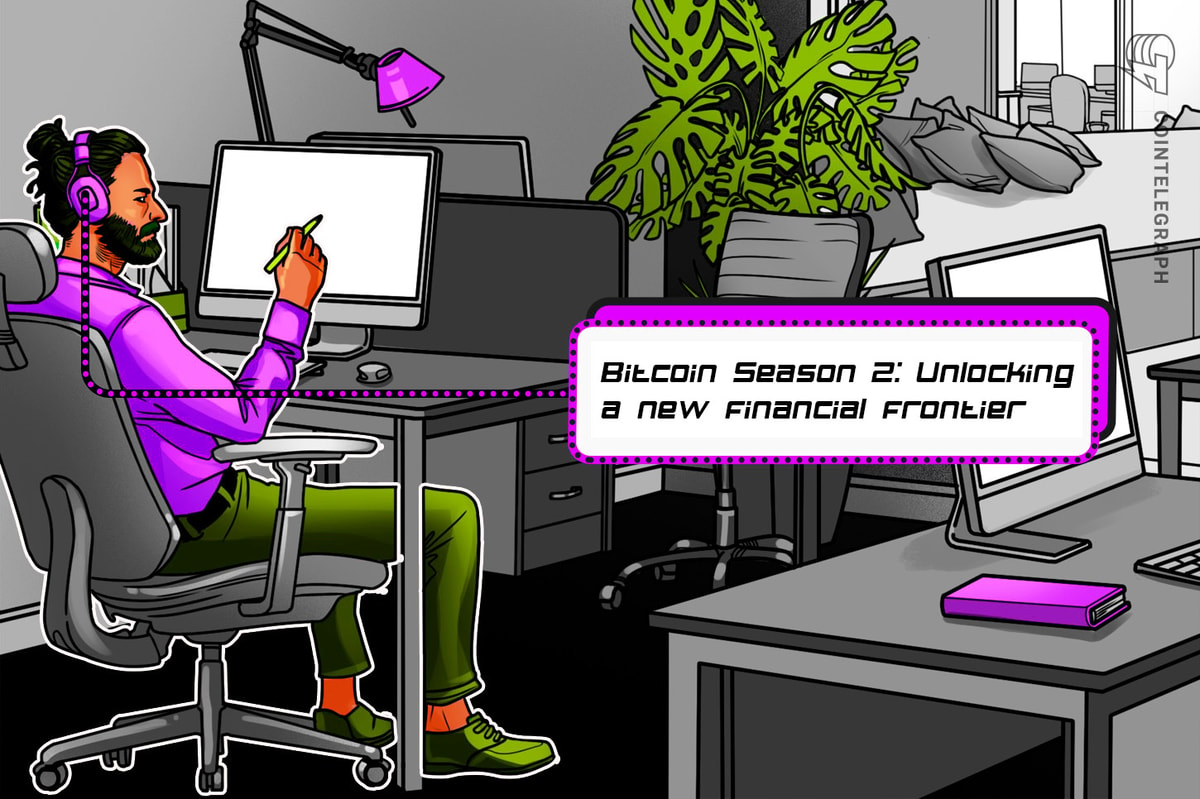Scannit, a decentralized data exchange app, is introducing a new model that aims to transform data exchange, giving users and businesses more control and value.
Companies need consumer data to understand their customers, innovate and stay competitive. On average, each person generates 1.7 megabytes of data per second. With 97.2% of businesses investing in big data analytics, the importance of consumer data in driving business success is clear.
However, traditional data collection systems often struggle to meet the growing demand for comprehensive and accurate insights. These systems lack transparency, raising concerns about privacy and how personal data is collected, shared and used without clear user consent.
As these privacy concerns grow, users become increasingly hesitant to share their data. They seek greater control over how their information is handled, pushing companies to explore new approaches for gathering data while maintaining trust.
Data exchange for common benefit
Scannit, an innovative digital identity ecosystem, aims to empower users to regain control over their digital identities through transparency, security and fair value exchange.
For businesses, the platform enables direct access to high-quality data from users who consent to share their purchasing information. This includes insights into offline purchases, which have traditionally been a blind spot for businesses.
Scannit is preparing to launch the open beta of its financial management app shortly after Token2049, a major Web3 event that showcases emerging technologies and innovations. As the platform evolves through user feedback, Scannit aims to continue refining its offerings with several key features designed to enhance data exchange.
One of these features is Scan-to-Earn, which offers users the option to scan receipts or upload transaction information in exchange for SCAN tokens, Scannit’s native token. Seeking to create a more transparent and user-driven data-sharing ecosystem, the model aims to reward participants for their contributions while giving them greater control over how their data is used.

Scannit enables users to scan their receipts in exchange for compensation while businesses gain access to reliable data. Source: Scannit
Scannit also plans to empower users through its Intuitive Visual Digital Avatar (IVDA), a feature that aims to give individuals control over who can access their data and when. This concept goes beyond basic data management by helping users take ownership of their digital identity and providing a transparent view of how their information is used across platforms. While not part of the initial beta launch, the IVDA represents Scannit’s broader vision for enhancing user control.
Ethical data exchange
Seeking to maintain a high standard of transparency, Scannit aims to implement ethical data exchange practices. Scannit gives users full control over who can access their data and how it is used. Users can decide who is allowed to access their information and change at any time with the ability to deny access whenever they choose. This approach is intended to foster greater trust between users and businesses, contributing to more transparent data-sharing.

Scannit’s intuitive interface empowers users to manage their data with ease, providing full control. Source: Scannit
Highlighting the importance of ethics in data management, Scannit CEO Karl Nowak said:
“We see Web3 as a pivotal turning point, shifting away from the siloed, opaque practices of traditional Web2 systems to a transparent, user-centric model where individuals can actively participate in and benefit from the data economy.”
Scannit is building a future where ethical data exchange becomes the norm, Nowak added, driving more informed business decisions while preserving privacy and offering genuine value to users.
Scannit has reached several milestones since the ecosystem’s launch, including raising a 7-figure investment and joining the IoTeX Accelerator Cohort. The platform also earned certification as a Google Web3 StartUp.
Looking ahead, Scannit aims to reshape the future of data exchange by giving users more control and transparency over their personal information. As its solutions continue to evolve, Scannit has the potential to set new standards in the data privacy and blockchain sectors, encouraging more ethical and user-centric data practices across the industry.
Disclaimer. Cointelegraph does not endorse any content or product on this page. While we aim at providing you with all important information that we could obtain in this sponsored article, readers should do their own research before taking any actions related to the company and carry full responsibility for their decisions, nor can this article be considered as investment advice.












